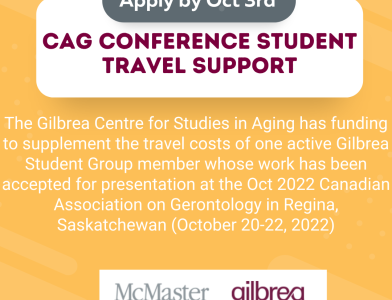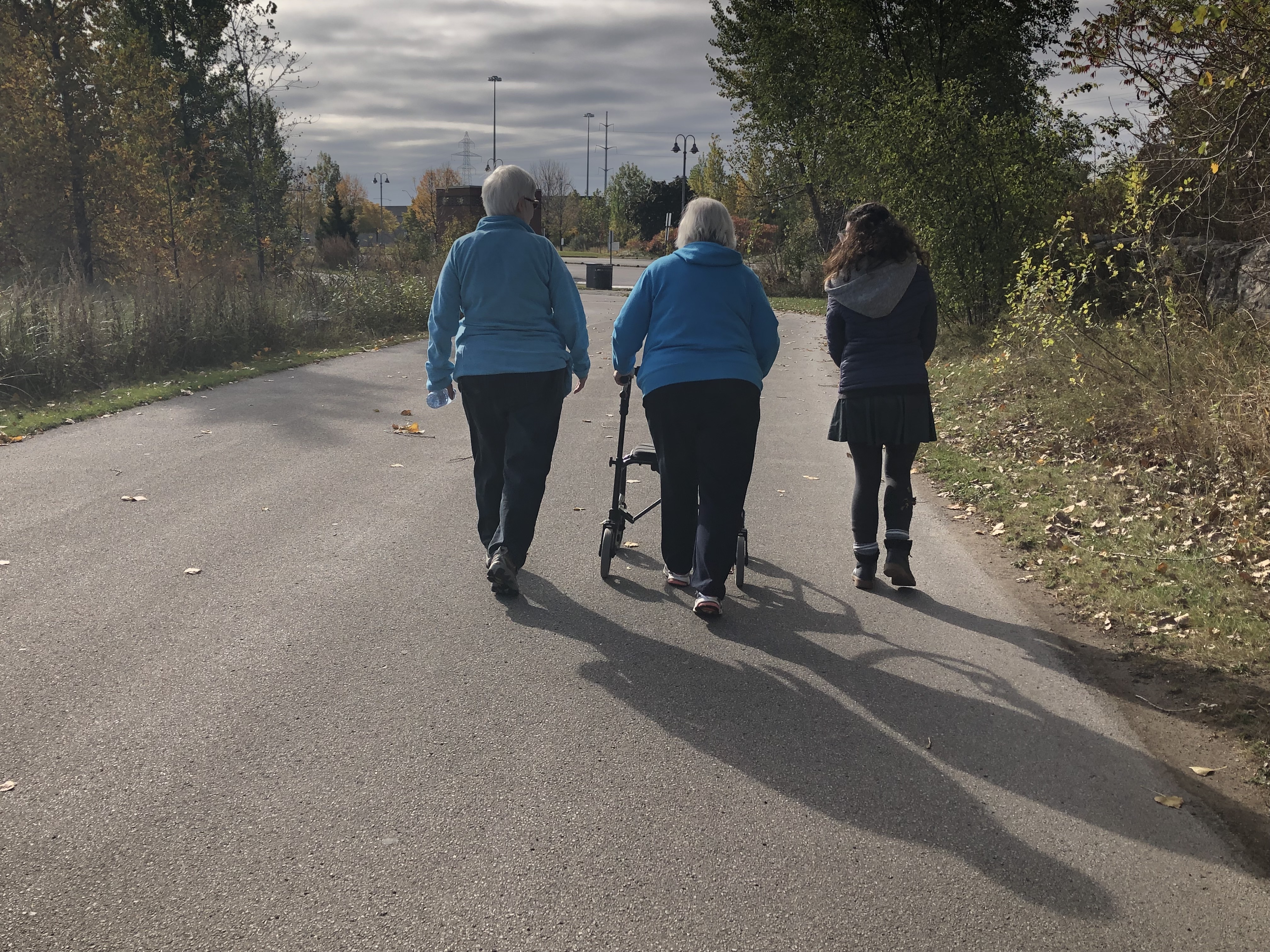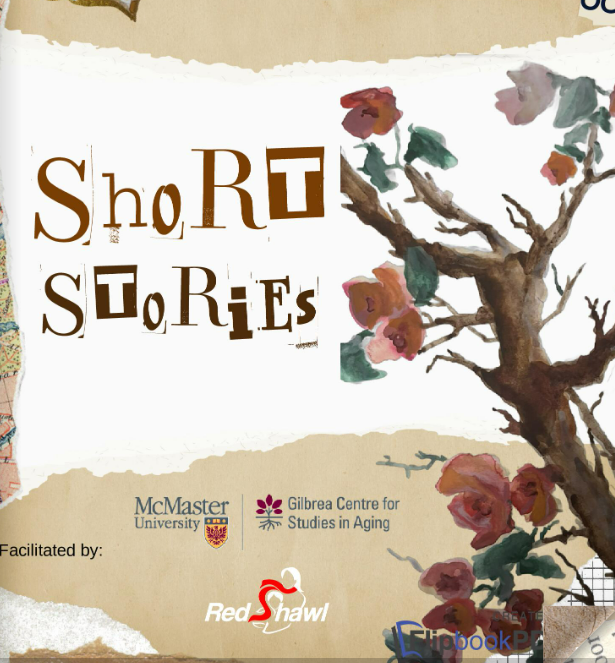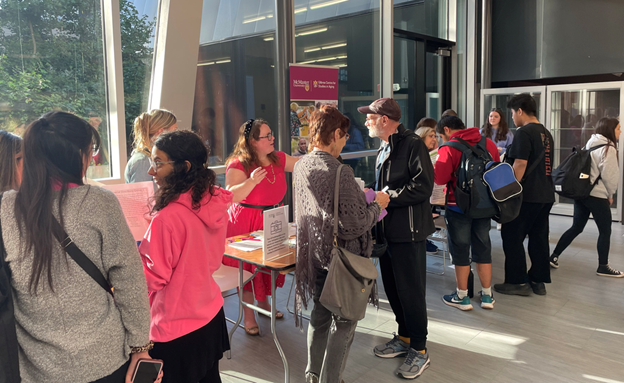Gilbrea Centre – CAG Conference Travel Support for Student Members

The Gilbrea Centre for Studies in Aging has funding ($500) to supplement the travel costs of one active Gilbrea Student Group member whose work has been accepted for presentation at the Oct 2022 Canadian Association on Gerontology in Regina, Saskatchewan (October 20-22, 2022). Deadline to apply: Oct 3rd 2022
Who is eligible: Graduate students whose work has already been accepted for presentation at the CAG conference in October 2022.
Graduate students must be registered in Health, Aging and Society, other departments in the Faculty of Social Sciences, or doctoral student committee members in the Faculty of Social Science.
Students must be active members of the Gilbrea Student Group (for example, attending 75% of meetings, socials, seminars and/or events).
How to apply: Please email your name, contact information, two sentences about you and your work, along with proof of the accepted CAG 2022 abstract (email acceptance is fine).
This award is intended to supplement the funds received from other sources. Please include all sources of support you have applied to/received to attend CAG 2022 (e.g. HAS student travel award, MIRA graduate travel reward etc.)
Award details: The Centre will consider all submissions that meet the eligibility criteria, and will fund 1 Award. If awarded a $500 Travel grant you will be asked to include the Gilbrea logo on your poster/presentation, submit a blog post (on a session of your choice) for publication on our website and assist with the exhibit booth at the conference (welcoming attendees and provide information about the Centre). You will also be asked to submit an expense report upon return from the conference.
(Note: The Gilbrea support can be used toward the cost of registration, flights, accommodation, or other travel costs directly associated with your conference attendance).
Deadline to apply: Oct 3rd 2022
Requests for support should be sent to:
Gilbrea Centre for Studies in Aging
c/o Equity Burke
Research Coordinator
Related News
News Listing

Recruitment Open: Nature-based pilot project for older adults living with dementia and their care partners
Centre News
March 13, 2024

March 5, 2024


